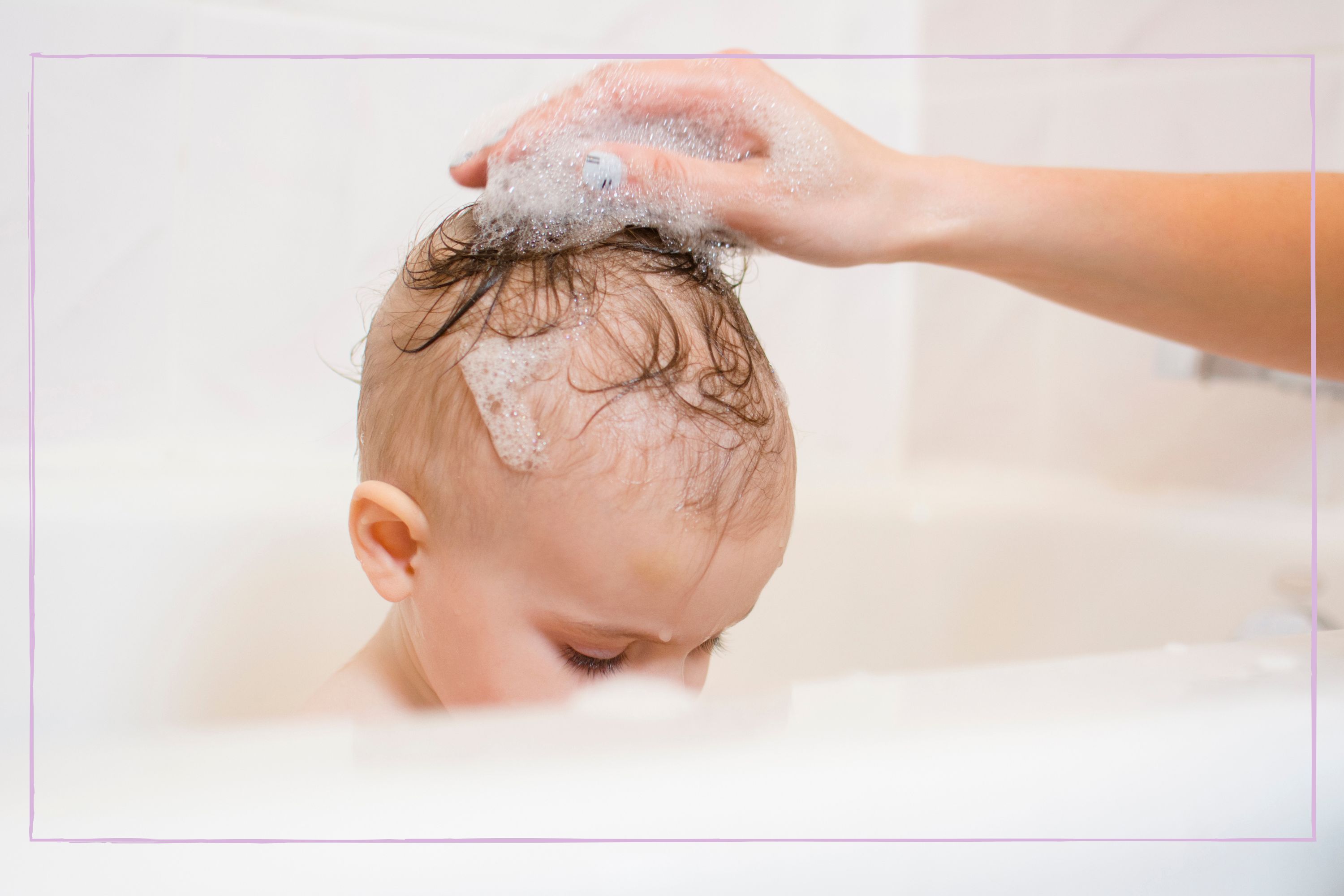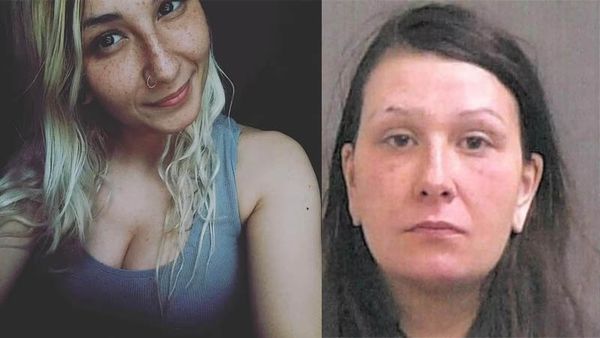
New research may have finally given parents the answer to the question 'Why isn't my toddler's hair growing?', highlighting a harmless reason that has gone largely 'unreported.'
The early stages of any child's life often leaves parents, both experienced and not, with lots of questions; why is my child struggling to make friends? Or when do babies smile, or when do babies start rolling over? And it's a guarantee that any parent of a toddler has wondered at one point or another why their child's hair just doesn't seem to be growing.
You may have noticed your child's hair seems to have stopped growing, especially as you struggle to pull it all into an easy kids hairstyle, and pinpointing a reason isn't always easy. But new research may have just found the answer - and it's thankfully harmless.
According to research published in the International Journal of Trichology (JoT), a benign condition called 'short anagen syndrome', or SAS for short, could be to blame and it seems 'uncommon' but largely because cases often go unreported.
Short anagen syndrome is characterised by, the research says, "Persistently short fine hair since birth, due to a decreased duration of the anagen phase. The common complaint is that the hair does not grow long and that it has never been cut.
“Telogen effluvium [AKA rapid hair loss] is also a common complaint,” they add, stressing that if you child's hair never grows past 6cm long, it's almost certain that short anagen syndrome is to blame.
The most common age where SAS rears it's head is between two and four, though parents who suspect their children have it shouldn't be worried as it's completely harmless and most children grow out of it by the time they hit puberty, meaning no treatment is necessary.
However, if you are worried about hair growth and loss, or the possibility of a child having SAS, visiting your GP to talk about it is always the best cause of action. "The condition is usually benign, nevertheless associations with trichodental syndrome [a rare genetic condition that most often affects hair, teeth, and bone] and micronychia [a malformation of the nail plate] have been reported,” the JoT concludes.
In other family news, we share the likely reason you're struggling with your 7-year-old and a mum has taken to the internet to highlight the 'exhausting' six shifts we put in with kids. Plus, half of gay and lesbian parents asked ‘invasive questions’ about family life, leading to anxiety about not fitting in according to new study.







